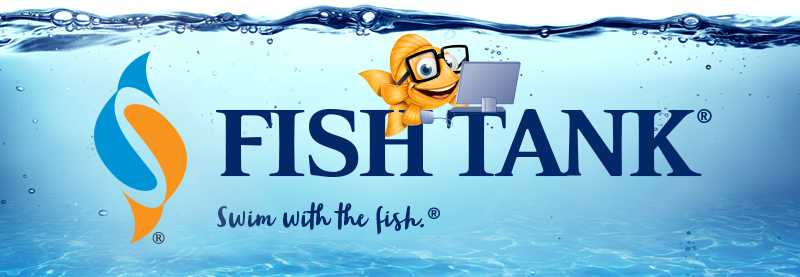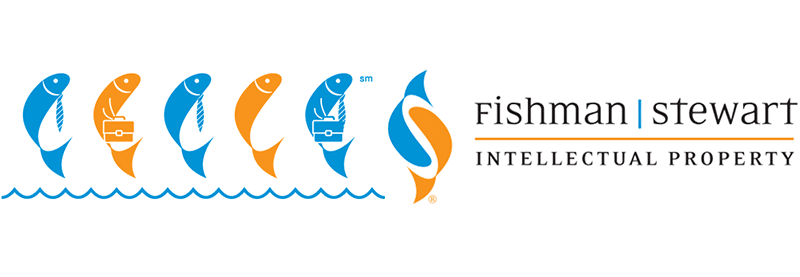Intellectual Property Insights from Fishman Stewart
Volume 21, Issue 4


This Domain “Sucks” For Business
The “.sucks” generic top-level domain registry has been around for several years. Recently, however, thousands of .sucks domain names have been registered, most of which incorporate famous brands, e.g., pepsi.sucks, tinyprints.sucks and jackdaniels.sucks.
Since its inception, the .sucks registry has been the subject of controversy straining the already tenuous relationship between cybersquatting and free speech on the Internet. When someone registers a domain name incorporating another’s trademark, if there is no evidence of bad faith in use or registration of the domain name, the brand owner will likely be unsuccessful in attempting to cancel the registration or forcing the domain name registrant to transfer the registration to the brand owner. Bad faith can be found in cases where the domain name registrant is a competitor of the brand owner, or where the registrant is seeking exorbitant fees for the sale of the domain name registration to the brand owner. Things get a little tricky when the domain name registrant claims a legitimate reason for registering another’s brand in the domain name, such as to publish a complaint or review of the brand owner or the brand owner’s products or services. In these cases, there is often little the brand owner can do short of paying high fees to purchase the registration.
In June 2020, over 2,000 .sucks domain name registrations were obtained within a 24 hour period through a single registrar known as Rebel, many of the domain names incorporating famous brands of others. The large quantity of registrations purchased in such a short period, at an average price tag of about $199USD per registration, leads one to believe that the registrations were obtained by a single registrant and could be an indicator of nefarious activity. Even more concerning is the fact that a number of these domain names point to websites specific to the brands and contain negative commentary regarding the branded products or services or the brand owner. These websites, which are formatted to resemble Wikipedia pages, contain negative commentary apparently obtained by scouring the Internet, such as negative comments by consumers and former employees of the brand owners.
The result is an alarmingly large number of the .sucks domain names leading to websites publishing seemingly legitimate commentary, all of which is unfavorable to the brand owner, that, without more, may be protectable as free speech. The natural inclination of brand owners is to try to have such negative commentary removed immediately. However, thus far, there have been few cases decided involving these newly formatted websites and the cases that have been decided have been split in their decisions.
While it is not clear why the sudden increase and interest in the .sucks domain name registrations has occurred, the facts suggest a money-making scheme is underlying the recent spike, especially given that some of the domain name registrations are available for re-sale. We may soon have a better indicator of what the future holds for these new .sucks domain registrations as there are several pending legal proceedings involving these registrations. In the meantime, brand owners may wish to consider registering .sucks domain names for their brands to assist in avoiding misuse of the brands and potential damage to the related goodwill.

Introducing Lily Barash
We are pleased to welcome Lily Barash as a new member of Fishman Stewart’s Trademark Group. Lily is a Legal Assistant supporting trademark filing and maintenance processes, and assisting the Group’s attorneys with trademark searches and investigations, chain of title work and other projects. Lily plans to attend law school in the future where she will focus her studies on intellectual property law.

Capturing the Art of Written Communication
On February 5, 2021, Managing Partner Michael Stewart joined fellow intellectual property law professionals to lead a master class hosted by the American Intellectual Property Law Association (AIPLA). In addition to a Master’s degree in engineering and his JD, Michael earned a degree in English. Michael and his fellow presenters spoke to a virtual crowd of professionals about the art of technical writing using the imagery of a brush, a highlighter and a pen. With this construct, the 90-minute seminar covered common challenges professionals face in their writing, and provided guidelines on how authors can improve communication. With over eleven thousand members, the AIPLA is home to attorneys, advocates, and companies who lead the way in intellectual property development and protection. If you want to watch the next lecture and network with professionals about intellectual property, we encourage you to join the AIPLA. Make sure to also subscribe to the Fish Tank® newsletter for updates on when we present again.
IDENTIFYING, SECURING AND ADVANCING CREATIVITY®








